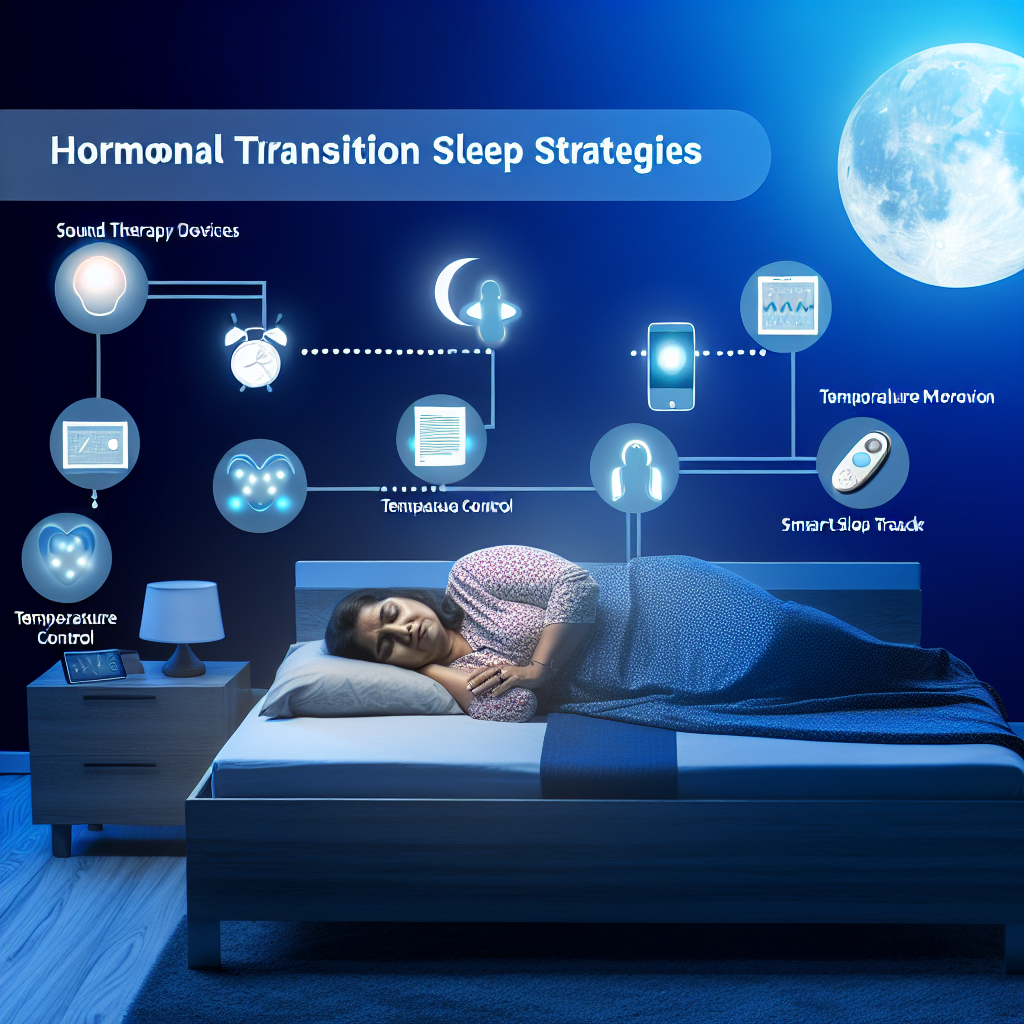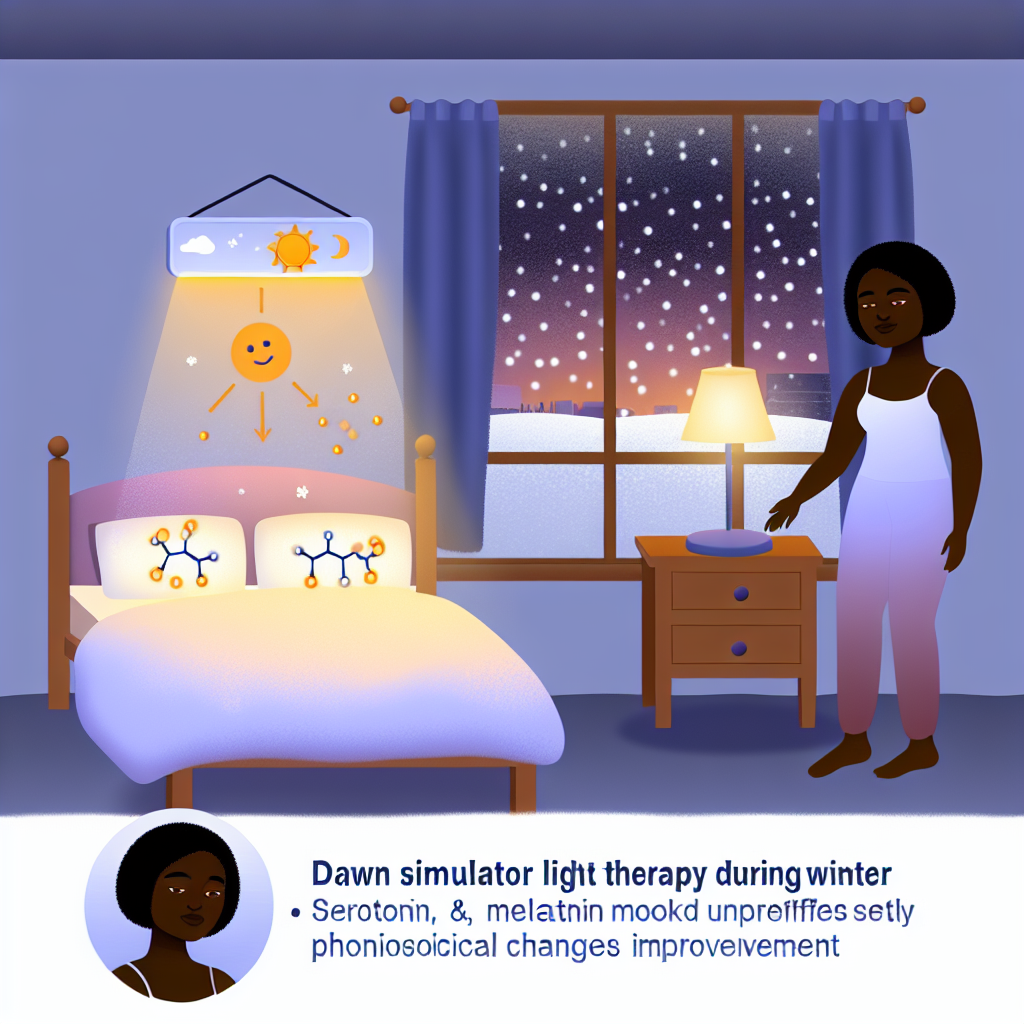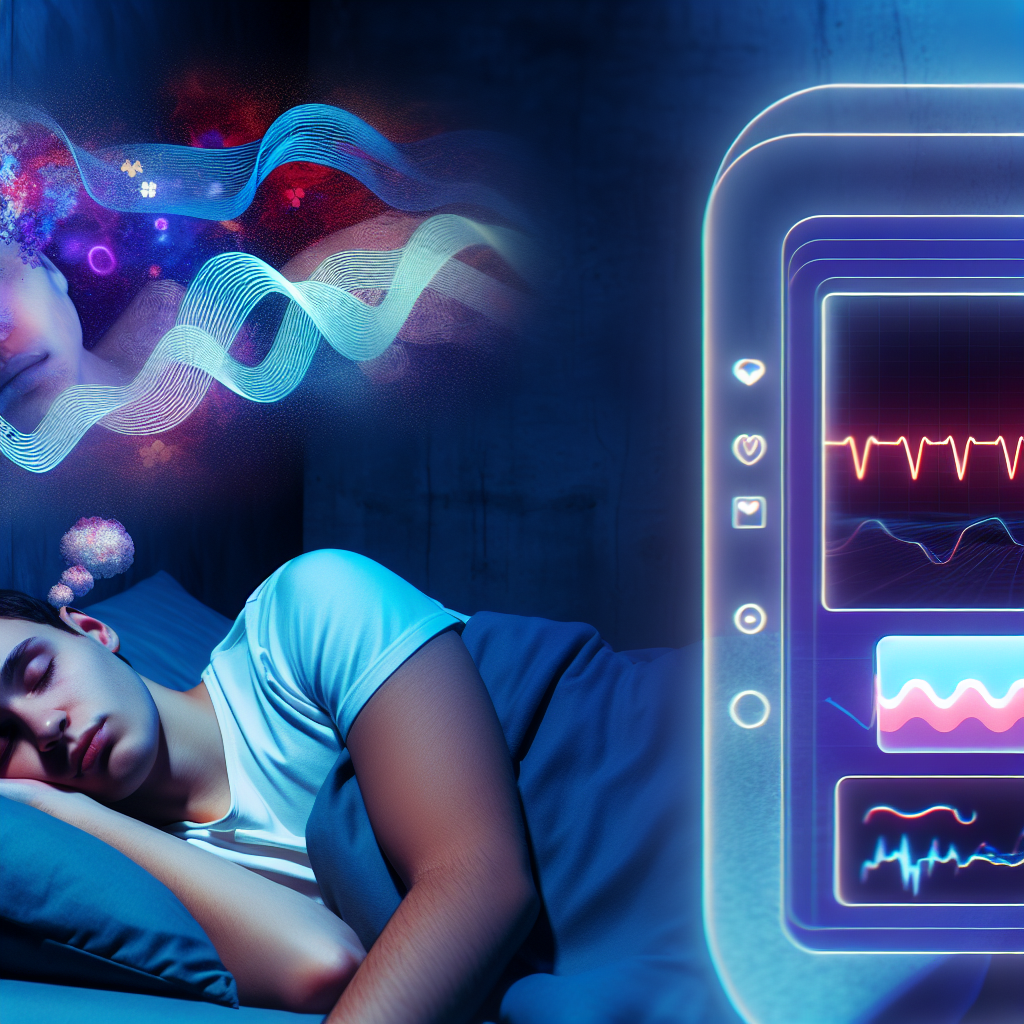Hormonal Transition Sleep Strategies: Technology Solutions for Menopausal Sleep Disruption
Menopause is a major hormonal transition in a woman’s life, often accompanied by sleep disturbances such as insomnia, night sweats, and frequent awakenings. These issues are linked to broader health concerns, including anxiety, depression, and cardiovascular problems. Fortunately, modern technology offers promising solutions to manage menopausal sleep disruptions.
How Hormonal Changes Disrupt Sleep During Menopause
Fluctuating estrogen and progesterone levels during menopause directly affect the body’s thermoregulation, circadian rhythm, and neurotransmitter activity, all of which are crucial for quality sleep. Hot flashes and nocturnal sweating are common symptoms that can lead to chronic insomnia.
Smart Sleep Trackers: Wearables that Decode Hormonal Sleep Patterns
Innovative wearable devices like the Oura Ring and Fitbit Sense use artificial intelligence to analyze sleep patterns and provide personalized insights, enabling women to understand how their hormonal shifts are impacting sleep.
Cooling Sleep Tech to Combat Night Sweats and Hot Flashes
Temperature-regulating mattress pads, such as the Eight Sleep Pod and Chilipad, use biofeedback sensors to detect overheating and automatically cool down the sleep surface, providing relief for women experiencing night sweats or hot flashes.
Sleep Apps & Digital CBT-I: Guided Rest for Hormone-Altered Nights
Sleep-specific apps, like Sleepio or Relax Melodies, provide guided meditations, sleep hygiene education, and cognitive-behavioral therapy for insomnia (CBT-I), tailored for hormonal changes.
Virtual Reality Relaxation: Immersive Calm Before Sleep
Emerging virtual reality-based relaxation therapy has been shown to reduce anxiety levels, which have been linked to sleep onset latency in menopausal women.
The Future of Hormonal Biosensing Wearables
Wearables are being developed to explore hormonal biosensing technology, which could revolutionize how menopause is managed day-to-day, allowing real-time tracking of hormonal biomarkers and delivering preemptive sleep strategies.
Conclusion: Smart Solutions for a Restful Menopausal Journey
By leveraging cutting-edge sleep technology, women can access smarter, data-driven solutions that can be customized to individual needs. Pairing these innovations with evidence-based therapies such as CBT-I or lifestyle changes creates a holistic approach to regenerative rest during the hormonal transitions of menopause.
Summary:
Menopause can disrupt sleep due to hormonal changes, but innovative technology offers solutions to manage these issues. Smart sleep trackers, cooling devices, sleep apps, and virtual reality relaxation techniques can help menopausal women improve their sleep quality and overall well-being.
References:
[1] Sleep Foundation
[2] North American Menopause Society (NAMS)
[3] The Journal of The North American Menopause Society
[4] Sleep Health Journal (National Sleep Foundation)
[5] NIH on CBT-I and Sleep
[6] Oura Ring Research
[7] Eight Sleep Technology
[8] Chilipad Cooling Sleep Devices
[9] Sleepio CBT-I Program

Dominic E. is a passionate filmmaker navigating the exciting intersection of art and science. By day, he delves into the complexities of the human body as a full-time medical writer, meticulously translating intricate medical concepts into accessible and engaging narratives. By night, he explores the boundless realm of cinematic storytelling, crafting narratives that evoke emotion and challenge perspectives.
Film Student and Full-time Medical Writer for ContentVendor.com



